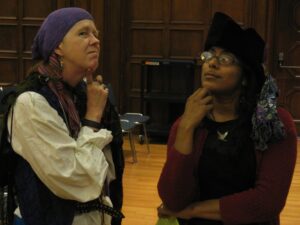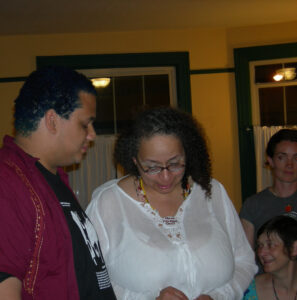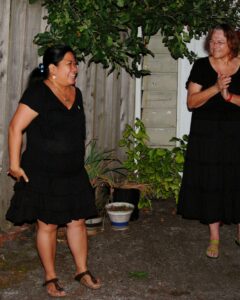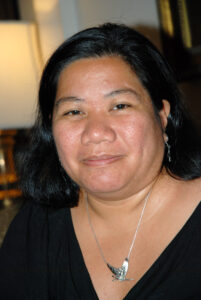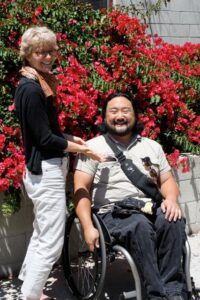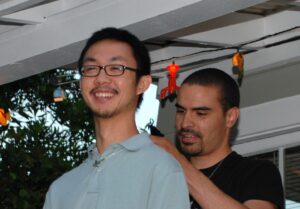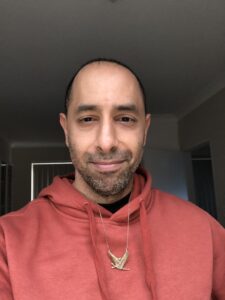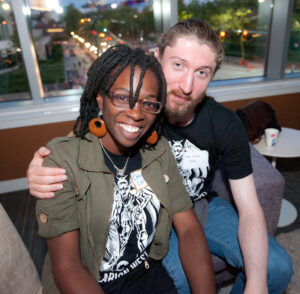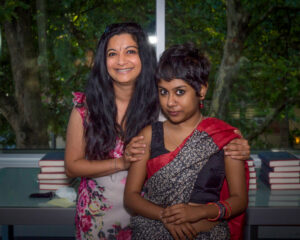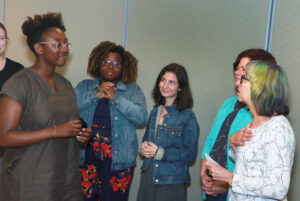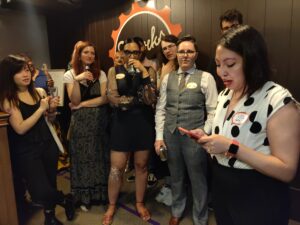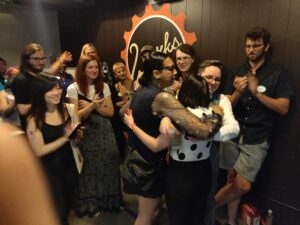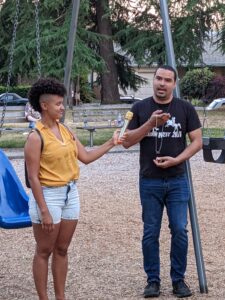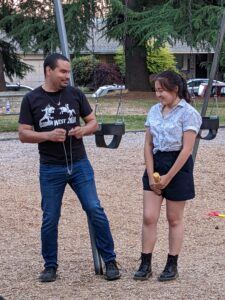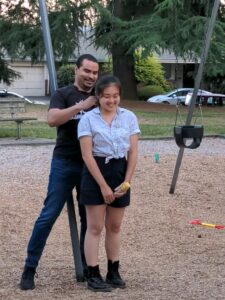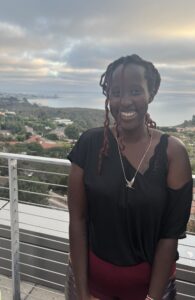We just filed our annual tax return with the IRS, which meant that we reviewed what we’ve done recently. We want our supporters to know at least as much about that as the IRS does, so here goes.
2020 was a pivot year for most people and organizations, as we all struggled to deal with the sudden changes required by the pandemic and by the public response to the killing of George Floyd. Our response to the pandemic was to switch from in-person events to online events. The Carl Brandon Society presented five programs online during 2020. Our world became bigger, not smaller, even as we all stayed inside. Average attendance at these online panels was 45, with 88 attendees at the most popular. The panels continue to be available on YouTube.
The response to the killing of George Floyd included an outpouring of donations to organizations that grapple with issues of race. Since the Carl Brandon Society’s mission is to increase racial and ethnic diversity in the production of and audience for speculative fiction, we were among the organizations that received much larger donations than usual, which has positioned us to be able to serve our community in more ways. We are currently working on how best to use these resources, both short-term and long-term.
2021 was a growing year, building on 2020’s success. We presented two online panels similar to those held in 2020. In addition, we held two online town halls to gather ideas from our community about what we should do next, attended by writers and editors of color from countries worldwide to give us direction about what resources of those that we can provide are most needed now. In 2022, we will begin holding workshops by and for writers and editors of color developed in response to the 2021 town halls.
In July, 2021, we sponsored a party/gathering space for BIPoC at CONvergence, an annual convention for fans of science fiction and fantasy in Minneapolis. It was our only in-person event during the pandemic so far.
In 2020, Akwaeke Emezi received the 2019 Parallax Award for a work of speculative fiction created by a self-identified person of color for their novel Pet. Michele Tracy Berger received the 2019 Kindred Award for a work of speculative fiction dealing with issues of race and ethnicity for her story “Doll Seed.” Going forward, we have expanded our Kindred and Parallax awards to include separate awards for short fiction and novels, with a $1000 honorarium for each of the four awards. As with other organizations, the pandemic has interfered with some of our normal operations. We expect to name recipients of these awards for works published in 2020 and 2021 by year-end 2022.
In 2020 and 2021, because of the pandemic, neither Clarion in San Diego nor Clarion West in Seattle held an in-person workshop. In 2021, Clarion West held their six-week summer workshop online rather than in person, while Clarion in San Diego deferred for another year. We granted two Octavia E. Butler Memorial Scholarships to students participating in the online Clarion West workshop — double the number we’re committed to granting annually. For 2022, both workshops are back to in-person attendance, with Clarion West having a mix of students originally admitted in 2020 and those admitted this year, and Clarion in San Diego having only those students admitted in 2020. We have granted a total of three Butler scholarships for these 2022 in-person six-week summer workshops.
We’re serving as the fiscal sponsor for Hydra House’s Ex Marginalia project, a book of essays about writing by authors who will not and cannot remain in the margins. Scheduled for publication in Fall/Winter 2022, the nonfiction collection is edited by multiple award-nominated author, editor, and 2014 Octavia E. Butler scholar Chinelo Onwualu.
We’re excited about what we’ve been able to accomplish in the past few years, and we look forward to doing more. We especially look forward to being able to get together again in person, while keeping on with the remote events that allow for more access to more members of our community.
K. Tempest Bradford, Maurice Broaddus, Candra K. Gill, Jaymee Goh, Kate Schaefer, Nisi Shawl, and Yang-Yang Wang
The Carl Brandon Society Steering Committee
PS: Thanks again for all you’ve done to make this possible! Please consider continuing to support our work by making a tax-deductible donation at carlbrandon.org/donate/.
